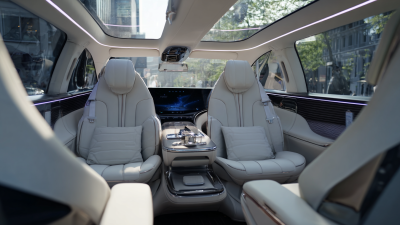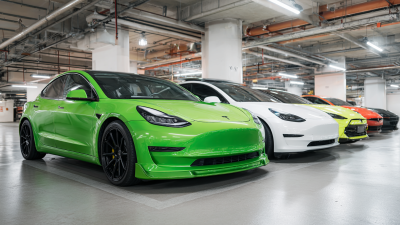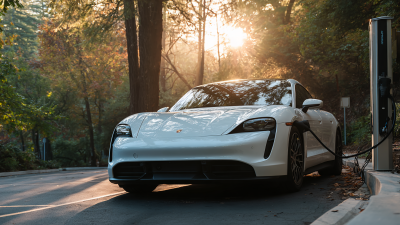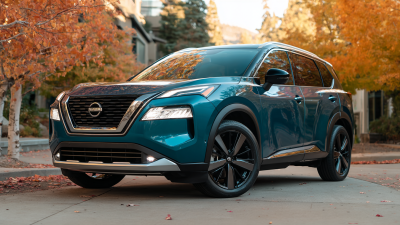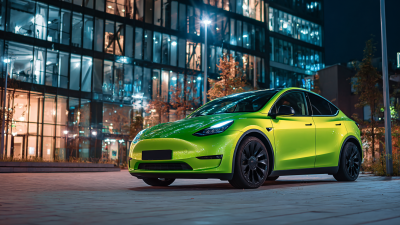The automotive industry is undergoing a profound transformation as the world shifts towards sustainable energy solutions. In 2023, New Energy Cars have emerged as a pivotal force driving this change, aligning with global efforts to reduce greenhouse gas emissions and combat climate change. According to a recent report by the International Energy Agency, the global electric vehicle (EV) market is projected to grow by over 35% annually, with New Energy Cars accounting for a significant portion of new automobile sales. This rapid growth highlights not only the rising consumer demand but also the advancements in battery technologies and charging infrastructure that support the transition to cleaner transportation.
Moreover, government policies and incentives play a crucial role in accelerating the adoption of New Energy Cars. Many countries are setting ambitious targets to phase out gasoline and diesel vehicles, with forecasts suggesting that New Energy Cars could make up 30% of total car sales by 2025. This evolving landscape creates a unique opportunity for automakers to innovate and establish themselves as leaders in the burgeoning green vehicle market. This article will explore the top 10 New Energy Cars revolutionizing the automotive industry in 2023, showcasing models that not only promise environmental benefits but also enhance the driving experience with cutting-edge technology and design.
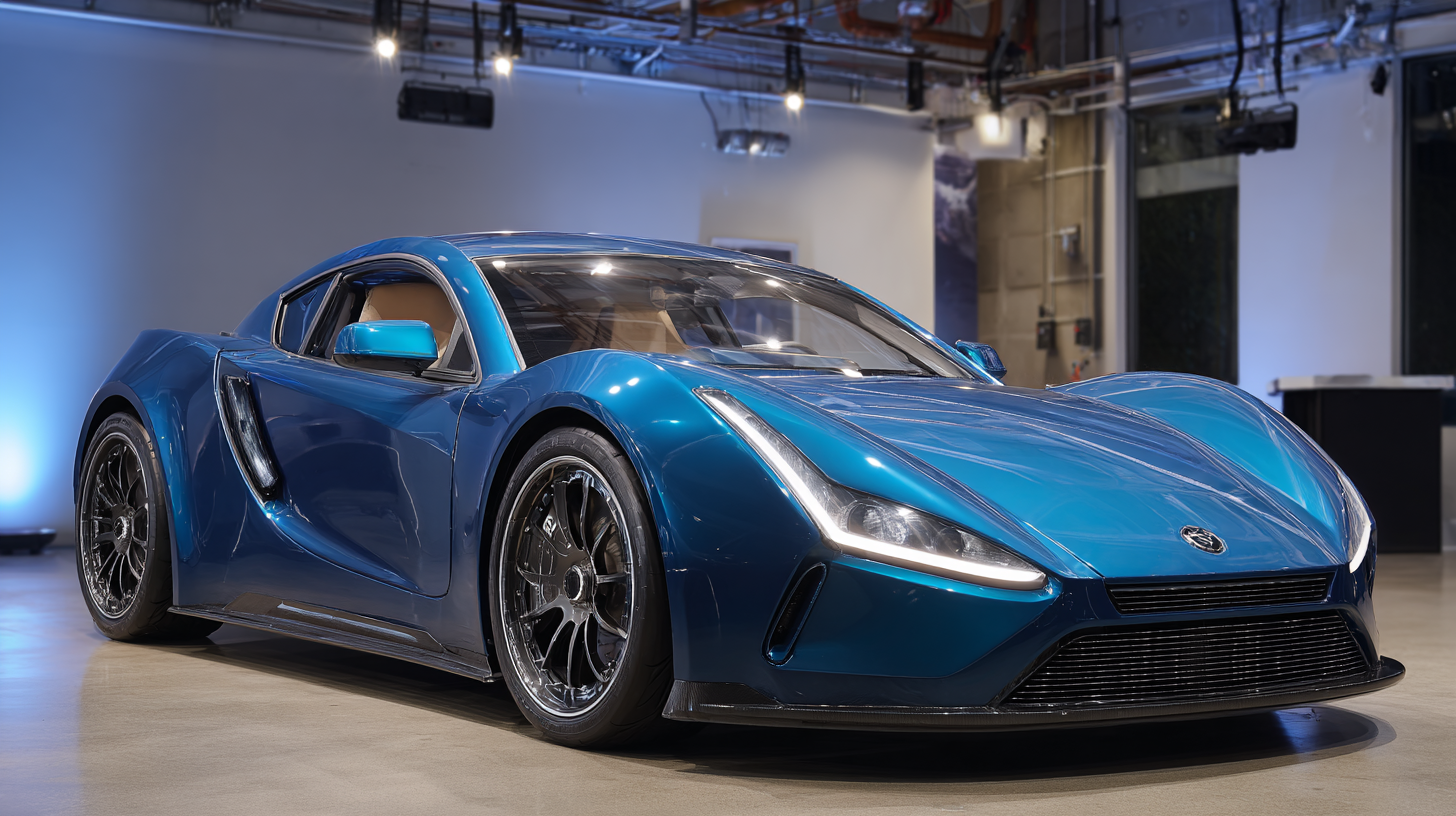
The electric vehicle (EV) market is experiencing a significant transformation in 2023, driven by groundbreaking innovations that enhance performance, efficiency, and sustainability. According to a report by the International Energy Agency (IEA), global electric car sales surged to 14 million units in 2022, a 55% increase from the previous year, indicating strong consumer demand for greener transportation options. This growth is propelled by advancements in battery technology, primarily the development of solid-state batteries, which promise higher energy density and reduced charging times. Industry analysts project that solid-state batteries could become commercially viable by 2025, potentially doubling the range of electric vehicles while minimizing safety risks associated with liquid electrolytes.
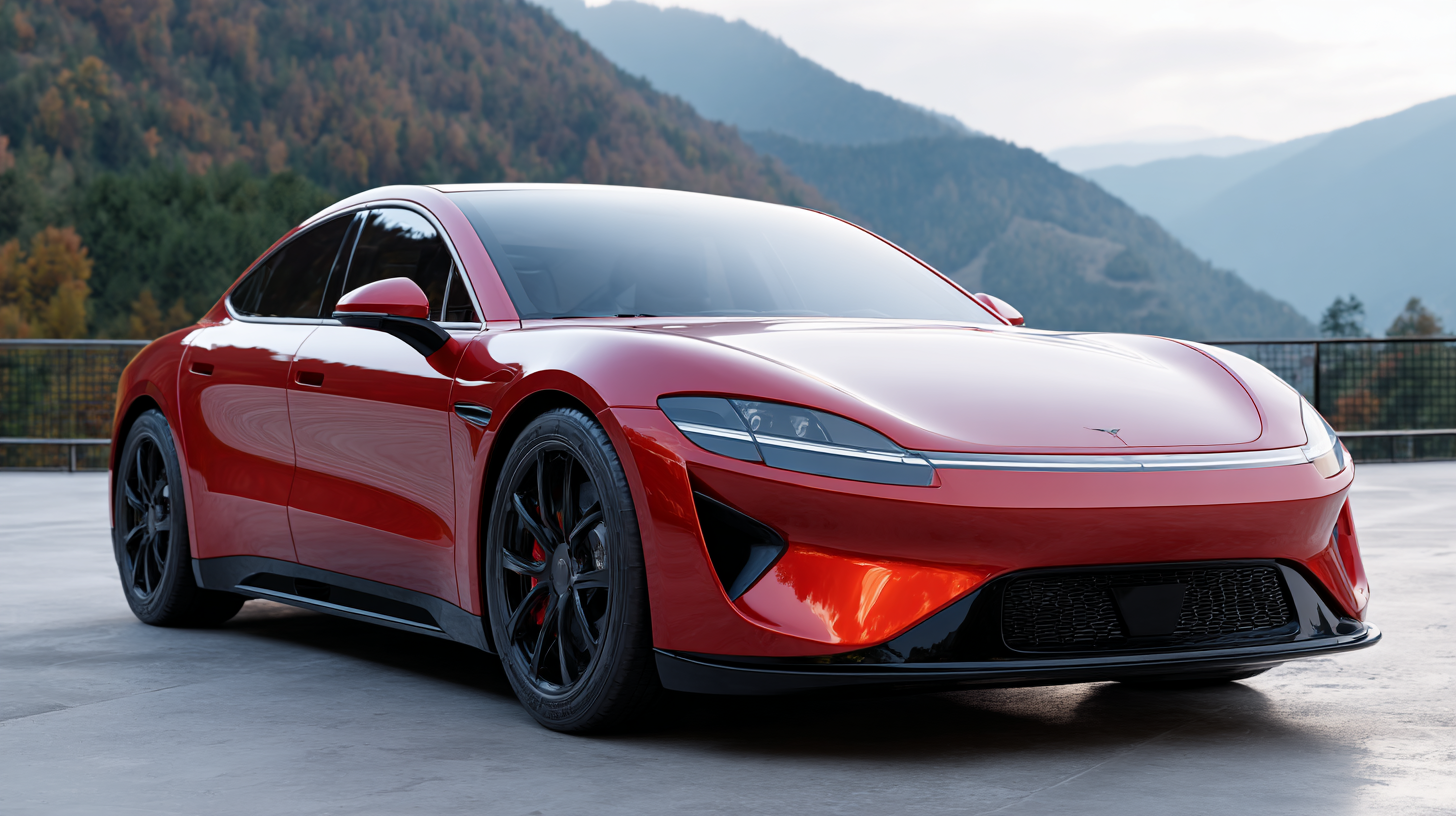
In addition to battery innovations, the integration of artificial intelligence (AI) into vehicle systems is revolutionizing the driving experience. AI-driven features, such as advanced driver assistance systems (ADAS), are becoming standard in many new models. For instance, a recent study by Navigant Research highlights that the overall market for ADAS is expected to exceed $120 billion by 2025, showcasing the importance of AI in enhancing vehicle safety and performance. Furthermore, innovative materials like lightweight composites and the use of recycled materials are contributing to the environmental sustainability of new energy vehicles, aligning with the industry's goal to reduce carbon footprints. As these technologies evolve, they are not only reshaping vehicle specifications but also encouraging a shift in consumer perceptions towards electric mobility.
The integration of autonomous features into new energy cars is marking a transformative moment in the automotive industry. As advancements in artificial intelligence, machine learning, and sensor technology continue to evolve, cars are becoming increasingly equipped to handle driving tasks with minimal human intervention. This shift not only enhances convenience and safety for drivers but also resonates with the eco-conscious ethos that new energy cars embody. With features such as adaptive cruise control, automated lane changing, and intelligent parking systems, the daily commute is rapidly becoming a more efficient and stress-free experience.
Looking ahead, the future of autonomous features in new energy vehicles appears promising. Manufacturers are investing heavily in research and development to refine these technologies, aiming to achieve higher levels of automation. Partnerships between automotive companies and tech giants are fostering innovation, leading to the development of systems that can communicate with one another and with infrastructure, paving the way for smarter urban mobility. As the automotive landscape transitions toward electrification and autonomy, consumers can expect a new era of driving that not only promises reduced emissions but also elevated levels of safety and efficiency on the roads.
The automotive industry is undergoing a significant transformation with the rise of new energy vehicles (NEVs) that utilize sustainable materials. In 2023, manufacturers are increasingly prioritizing eco-friendly components, contributing to both environmental sustainability and enhanced vehicle performance. According to a recent report by the International Energy Agency, the demand for NEVs is expected to grow by over 35% annually through 2025, driven largely by innovations in sustainable materials like bio-plastics and recycled metals. These materials not only reduce carbon footprints but also improve vehicle efficiency, setting the stage for greener transportation solutions.
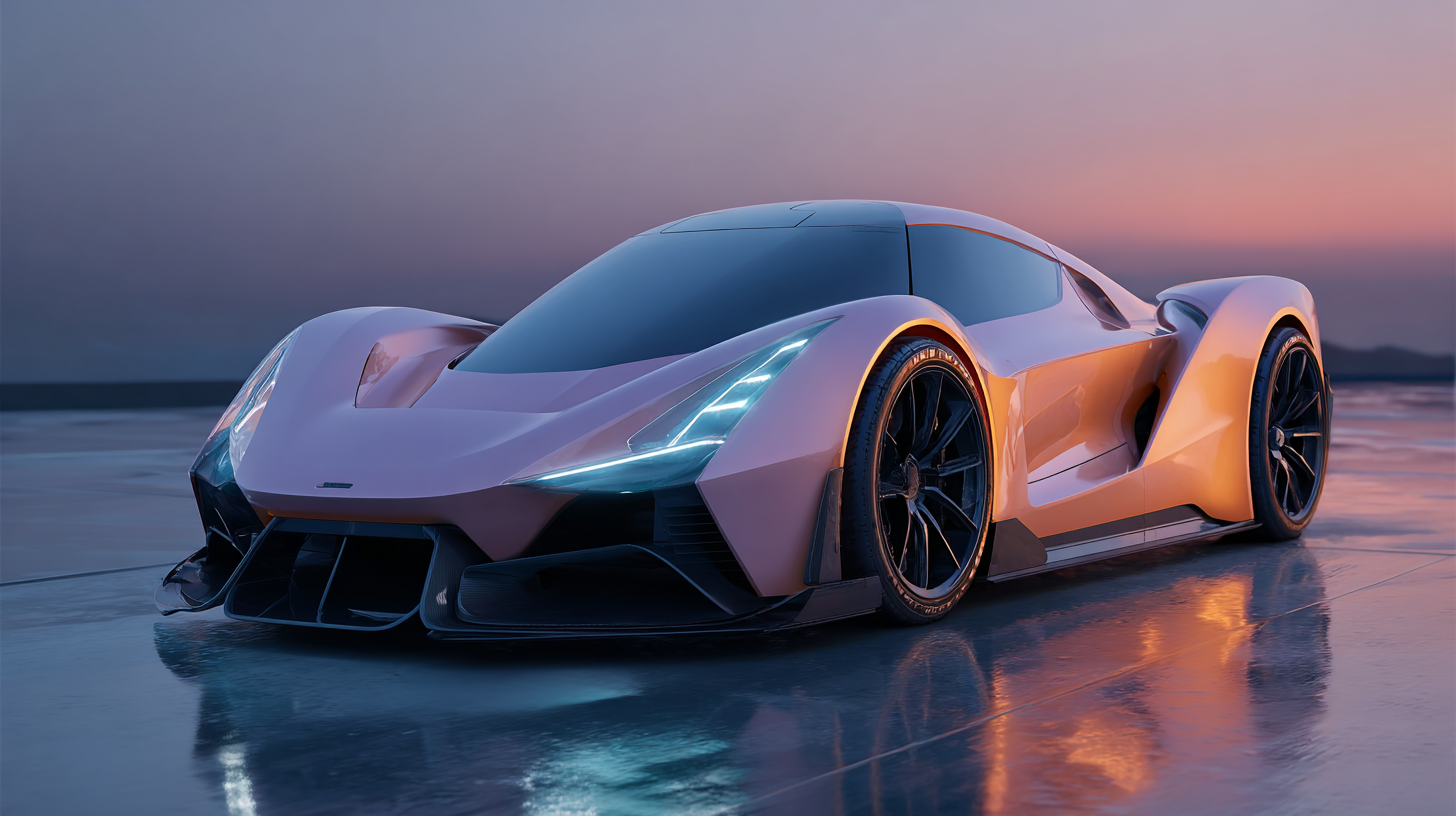
Tips: When considering an NEV, look for manufacturers committed to using sustainable materials. Research whether the vehicle incorporates recycled components or biodegradable materials, as these choices reflect a brand’s dedication to environmental responsibility. Additionally, check if the car's lifecycle, from production to disposal, is designed to minimize waste.
In 2023, the use of advanced composites and lightweight materials marks a turning point for NEVs, as they lead to significant reductions in energy consumption without compromising safety or durability. According to a report from McKinsey & Company, vehicles utilizing these sustainable innovations can achieve energy savings of up to 20% compared to traditional counterparts. This shift not only enhances performance but also aligns with global initiatives to reduce greenhouse gas emissions, making these vehicles a critical part of the automotive future.
In 2023, the automotive industry is experiencing a transformative shift driven by evolving consumer preferences for electric vehicles (EVs). According to a recent report by the International Energy Agency (IEA), global EV sales surged by 55% in 2022, with forecasts suggesting that nearly 30% of all car sales will be electric by 2030. This unprecedented demand is pushing manufacturers to innovate, creating an array of new energy vehicles that not only meet consumer expectations but also surpass them in technology and performance.
Buyers today are increasingly prioritizing sustainability and advanced features in their purchasing decisions. Data from McKinsey indicates that approximately 70% of consumers are willing to pay a premium for a vehicle with zero emissions. Moreover, as charging infrastructure becomes more accessible—thanks to public and private investments—formidable barriers to entry are being lifted. Major automakers are responding to these trends by expanding their EV lineups, with many planning to have an all-electric portfolio within the next decade. This evolution is not just technological; it showcases a fundamental shift in consumer behavior and priorities, which will undoubtedly shape the future trajectory of the automotive industry.
Governments worldwide are ramping up their efforts to promote the adoption of new energy cars in 2023. With the growing urgency to combat climate change and reduce reliance on fossil fuels, numerous policies and incentives have been introduced to encourage consumers to make the switch. From tax credits and grants for electric vehicle purchases to rebates for home charging stations, these measures are designed to alleviate the initial financial burden on buyers and stimulate market growth. As a result, the automotive industry is witnessing a significant transformation, with major manufacturers investing heavily in electric and hybrid technologies.
Tips for potential buyers include considering local incentives when purchasing a new energy vehicle. Researching state and federal programs can lead to substantial savings, making it easier to afford a greener alternative. Additionally, homeowners should look into installing a home charging station, as some regions offer rebates that further reduce upfront costs. Keeping an eye on the evolving landscape of government policies will not only enhance your buying experience but also contribute to the broader mission of creating a cleaner, more sustainable future.

